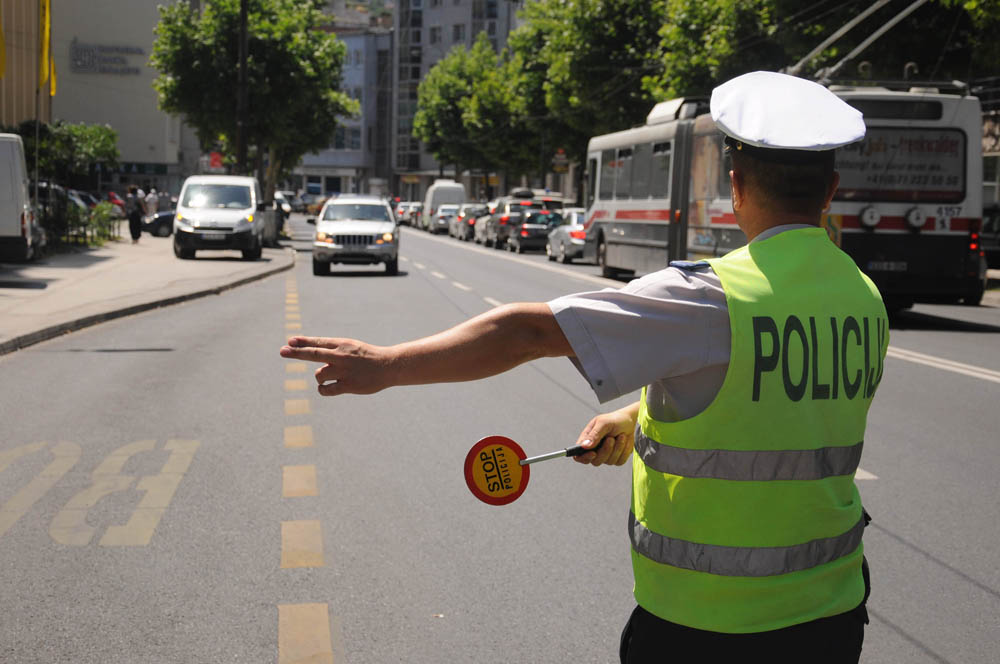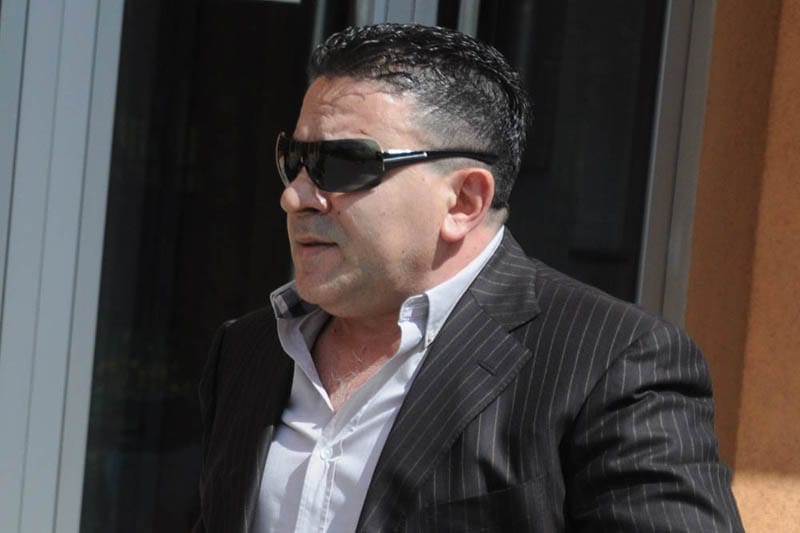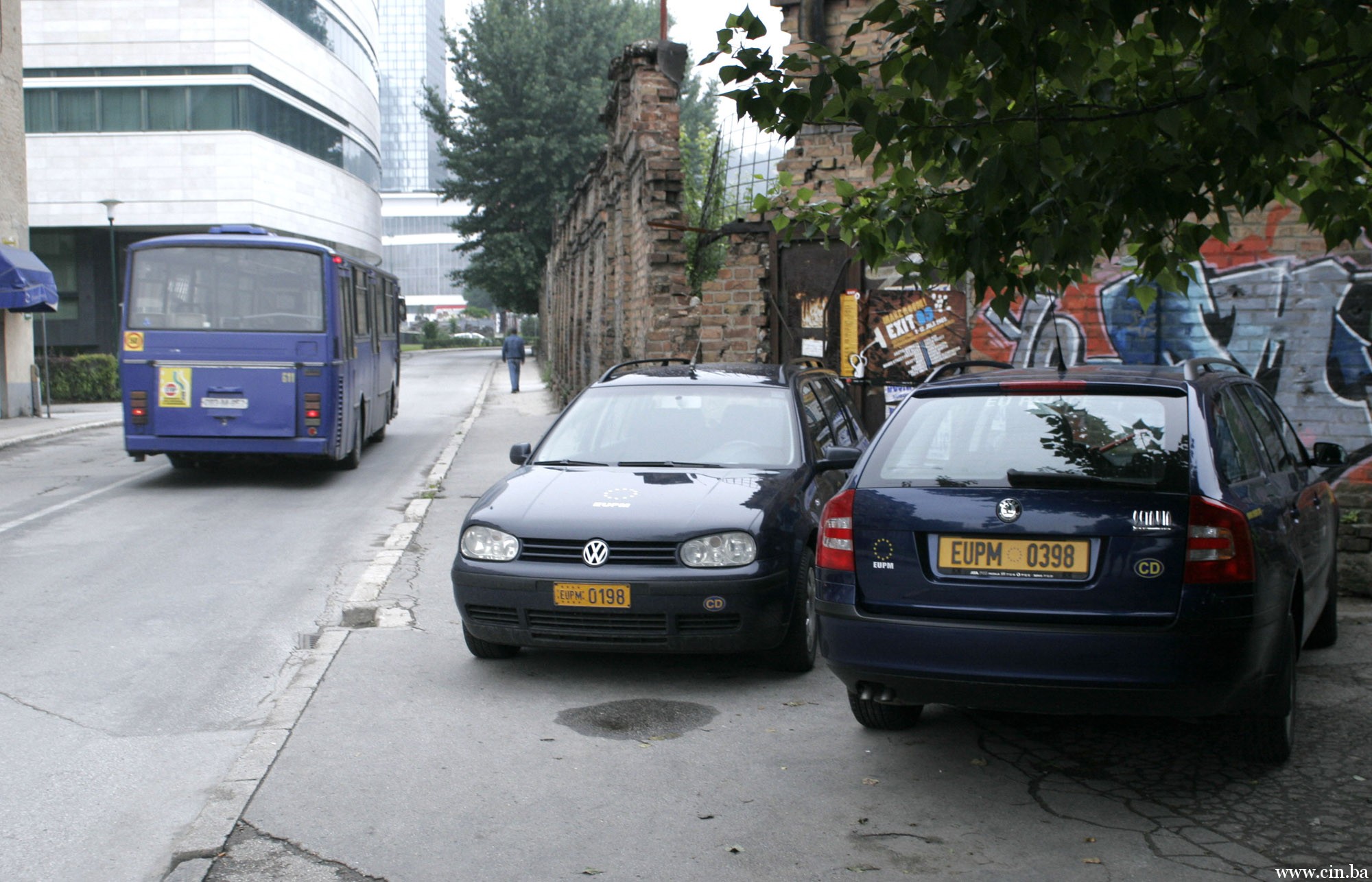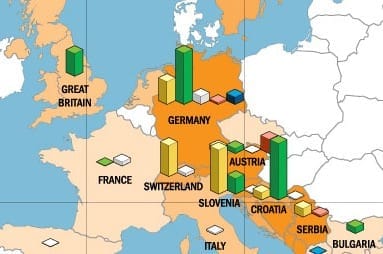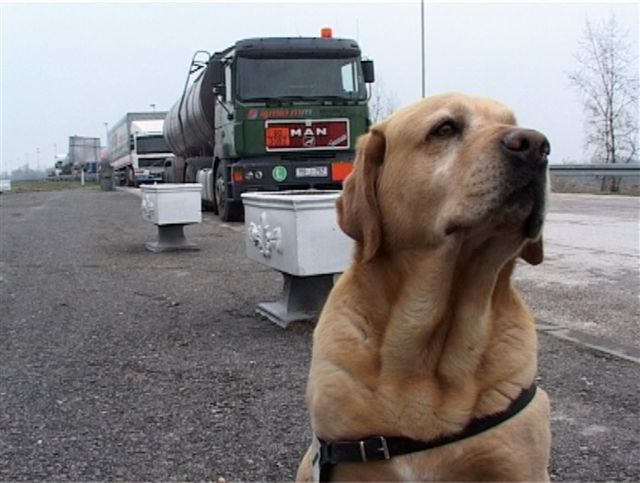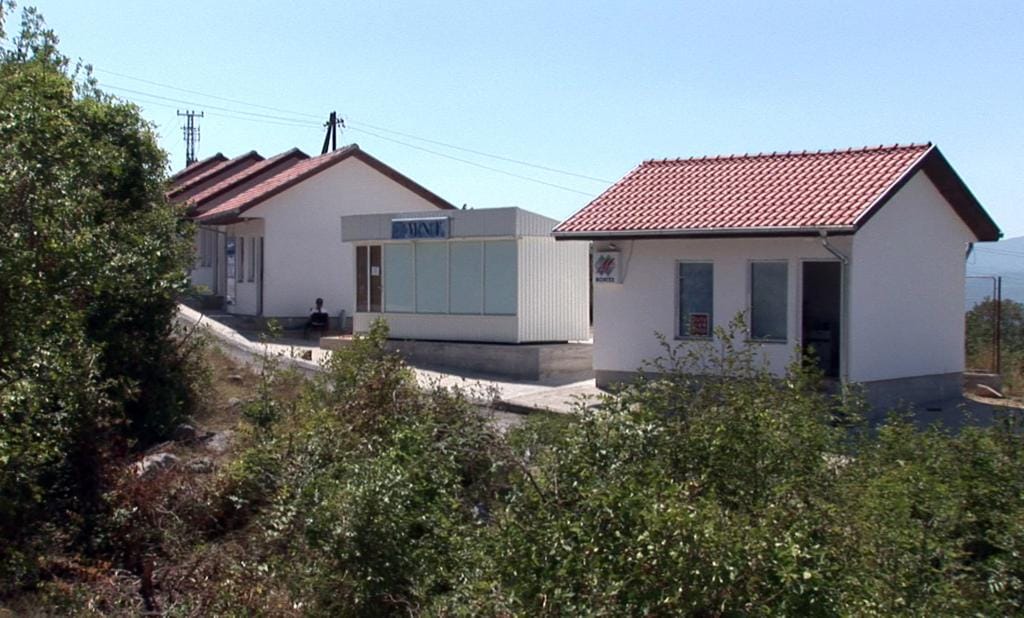Entrepreneurs willing to risk starting their own business in Bosnia and Herzegovina (BiH) sometimes have to arm themselves not just with patience, but with ammunition.
Ante Rajković, who started a trading company in Vitez, did not foresee in 1998 when he incorporated Ecos that a gun to protect against extortionists would become a tool of his trade.

But in mid-September, in the middle of a meeting with bankers, he got a call. On the other end was a deep-voiced man who gave no name but who warned that if Rajković did not pay €100,000, his child’s life would be in danger.
He was shocked. One of his sons, 23-year-old Bojan, the head of transport services for the firm, was on a business trip to Banja Luka at the time.
He immediately contacted not police but business associates he trusted who located his son.
The police were eventually called in and monitored his business for a period but did not track down the ambitious extortionist. Rajković didn’t pay the extortion, but he paid for guns for himself and his son.
Little Hope Police Can Stop Extortion
While Rajković was shaken down for an extraordinarily large amount, extortion of small, medium and even large companies in BiH is common. Racketeering, loan sharking, and blackmail put an additional load on businessmen already weighed down by bureaucratic red tape, taxes and heavy interest rates on loans. Even so, out of fear of criminal retribution and lack of trust in police and judges, few victims of extortion even bother to report trouble to officials. Some entrepreneurs suspect that criminals work with police.
Petar Ćorluk, the owner of Prodex, a paper products company in Grude, believes police helped a man who extorted money from him. Senad Kobilić, 43, who has an extensive police record, was sentenced at the end of 2006 and put on probation. He admitted to trying to cheat Ćorluk out of money in 2003 by claiming he had confidential information about an Interpol request to check into Prodex. Kobilić offered to block the collection of any data.
It was not proven that Asim Fazlić, assistant director of BiH Interpol, supplied the defendant with information, as was alleged. But Kobilić did know somehow about a request from the European Union (EU) to look into Prodex and its owner as part of an investigation into the sugar business, Ćorluk’s previous trade.
Edin Vranj, chief of the organized crime department for the Federation of BiH Ministry of the Interior (MUP FBiH) warned that extortion is more prevalent than citizens imagine. He acknowledges that criminals too often get off easy because of poor cooperation between police and courts.
His counterpart in the Republika Srpska (RS), Gojko Vasić, said that people in a support network for war criminals on the run are involved in extortion. MUP RS is investigating as many as three cases in which businessmen were pressed to pay out as much as 100,000 KM.
Trouble in Vitez
The phone call into Ecos was one in a series of troubling events this year around the Lašva Valley, according to area employers.
Only several months before Rajković picked up the phone, some 20 entrepreneurs and directors of companies in Vitez and Busovača were approached about paying protection money including, records show, Ivan Mišković, Perica Blaž, Dragan Stojak, Nikola Garić, Goran Silić, Mario Šakić, Ivica Šafradin, Franjo Livančić, and Dragan Lekić.
Srednjobosanski Canton (SBK) police in Travnik believe that nearly all the businessmen in Vitez were extorted, though not all will admit it. For example, they believe Dragan Stojak, director of the Vitez public utility company, paid 1,500 KM. He says he did not. But he thinks that his name was used to frighten others, including his wife’s uncle Perica Blaž, director of the public company Vlašić, into paying protection money.
About a dozen did pay.
Josip Rajić, the owner of Citron, a Vitez trading company and a veteran dealing with extortion, was one.

A couple of years ago Rajić had to pay to get his stolen truck returned. This spring, when thieves threatened to take his Passat unless he paid them euros equivalent to 4- to 6,000 KM, he negotiated with them. With a smile he talked about getting them down to 2,000 KM.
Rajić left the ransom at the foot of an electricity pole near a hospital in Nova Bila. That spot was the same place other businessmen had left money for extortionists. They paid between 500 KM and 4,000 KM each for a total of some 20,000 KM.
Only when the businessmen became worried that extortion was becoming a regular event did they bring in the police.
Three suspects were arrested, but Franjo Buha, a 24-year-old small-time criminal from Vitez, accept full blame and was sentenced to two years in prison.
Buha’s sentencing did not satisfy the businessmen. Some say the young man fell into extortion because he had gotten into trouble with loan sharks. Rajić says the voice on the telephone that chilled his blood was not Buha’s. He told police that he recognized the caller as an acquaintance from a local bar, Ivan Franjić, one of the men arrested but released. Rajić and Stojak both say Buha and Franjić are not smart enough to have planned the extortions.

Vranj said the third man arrested in the case was former policeman Dario Buzuk, but there was not enough evidence to prove his involvement. Vranj agreed that police failed to pinpoint the leader of the ring.
‘We are clear that our job in SBK is not over’ said Vranj.
Buha’s mother Ana of Dubravica told reporters for the Center for Investigative Reporting in Sarajevo (CIN) that she didn’t know if her son was extorting money or who he was hanging out with. She said she often gave him money to buy cigarettes.
At the same time, Rajić claims Buha was spending money freely buying rounds in bars. CIN could not locate Buha, who is awaiting a summons for prison. He was not at his mother’s. But he responded to a request left with her to call CIN. He agreed to an interview, then never called back as agreed to set up a place to meet.
Getting Official Help
Once before, in 2003, the Association of Employers from Vitez asked for help against extortion from local and EU police. But no arrests resulted at that time and they received so little sympathy they lost confidence in officials.

Franjo Rajković, the brother of Ecos owner Ante and also president of the association and director of Economic, a sanitary equipment company, said that the extortionists were tough, but the police and prosecutors did not do their jobs.
In contrast, Jugoslav Jovičić, who used to manage three gas stations in Laktaši and Trebinje, and a one-time SDP nominee for the Serb seat in the BiH Presidency, praised police for help they gave him when extortionists wanted money.
At the beginning of the year, Jovičić got a phone call demanding that he pay 7,000 KM a month. Keep an eye on your family if you don’t, he was warned.
He tried to explain that the gas stations belonged to Auro Oil company owner Milan Lučić, a well-known tycoon from Ljubuški. He said he could not give out somebody else’s money. The extortionists did not argue such fine points.
Defiantly, Jovičić called in police and 10 days later they had arrested a suspect. When the suspect was later released, police pressed the case with prosecutors. It remains unsolved, but the phone calls have stopped.
Few suspected extortionists are brought into court and most are let free to continue to threaten business owners and collect money. Police, prosecutor offices and courts blame each other.
Police say the Municipal Court in Sarajevo, the biggest in the country, won’t respond to their arrest warrants. Court officials say they need better evidence from police if they want to put people behind bars.

Vranj said police have submitted many reports to the Sarajevo Cantonal Prosecutor’s Office, but few extortionists land in prison. He said Municipal Court judges do not respond to motions for the arrest of suspects, which discourages both police and witnesses.
‘Only when those are locked away will the citizens regain their trust in police and the judiciary system and pluck up courage to say – we too are extorted’ Vranj said ‘The way things are, it is a sad situation in which a number of brutal criminals in this city, who will stop at nothing, are working without problems.’
Amela Huskić, head of the criminal department of Sarajevo Municipal Court, said that police simply don’t collect enough evidence to give judges the grounds needed to detain people.
Police also complain about the lenient punishments given out even when the court does take up an extortion case. The maximum penalty for extortion is five years, but the Sarajevo court rarely metes out punishments worse than six to nine months, records from 2006 and 2007 show.
The harshest sentences in the past two years were given to Eldin Kuka and Edin Smajić. One got 1-2 years and the other 20 months. But they not only extorted money from Edin Sabljica, the owner of the Boston restaurant in Sarajevo− they savagely beat him.
Justice Huskić said that less than maximum punishment is justified except in cases where criminal behavior is repeated.
With police and courts providing scant protection or deterrence against extortionists, it is understandable that entrepreneurs like Rajković arm themselves. Chief Vranj said of the businessmen, ‘May God help them.’



